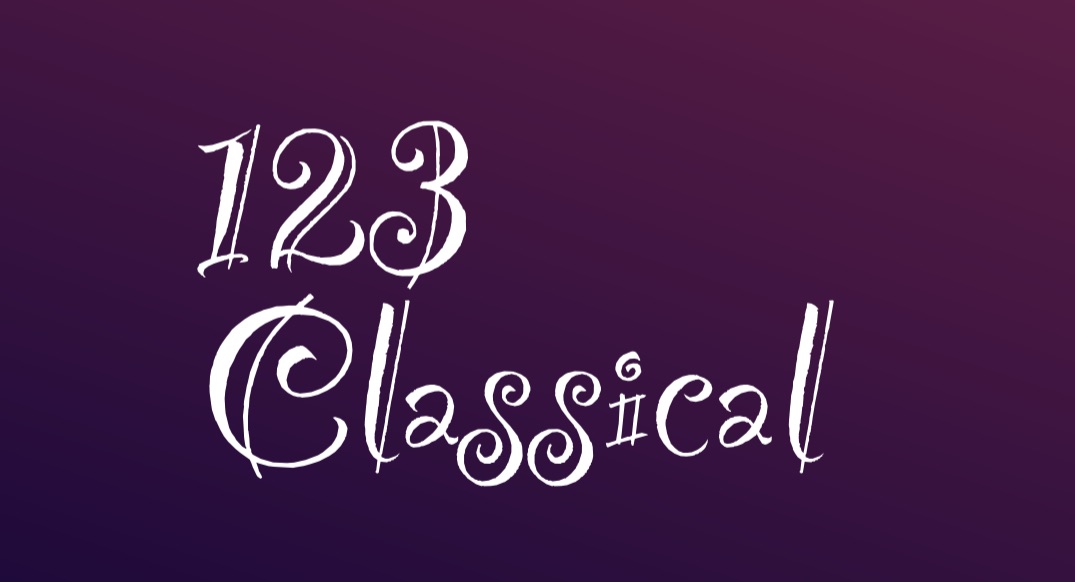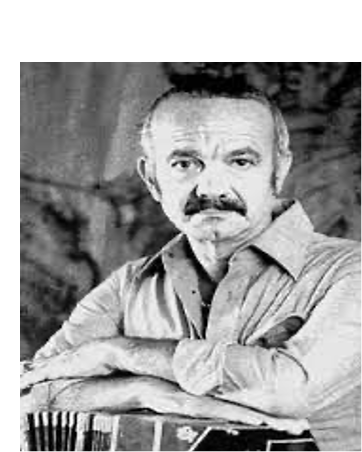


An Argentinian composer, bandoneon player, and arranger, considered the father of the "New Tango". His tango is a popularised form of tango with jazz and classical music elements, played by a full orchestra, also with new instruments which were not previously used in the tango , such as the flute, saxophone, electric guitar, electronic instruments, and drums.
Born in Argentina in 1921 to poor immigrant Italian parents, Piazzolla spent most of his childhood with his family in New York City. There, he was influenced by the music he was surrounded by: classical from his music education, jazz from nearby clubs, klezmer from jewish weddings and tango from the records his father played. He also received a bandoneon as a gift from his father for his 9th birthday and became a skilful player of this instrument.
He created music which incorporated all these elements (jazz, classical music, tango, klezmer, bandoneon). He returned to Argentina in his teens, where traditional tango was the most popular music heard, and played tango in night clubs. After this, he started delving into music by Stravinsky, Bartók, Ravel, and other classical composers, gave up tango temporarily and worked as a modernist classical composer.
In the 1950s, he presented his new approach to the tango (New Tango), which although did not gain acceptance in Argentina, became widely accepted in Europe and North America. It is believed that his revolutionary music was the outcome of the political and social turmoil taking place in Argentina in the first half of the 20th century.
In the 1970s, following the military coup in Argentina, and as Piazzolla's music was considered a symbol of revolution and disrespect for tradition, he decided to emigrate to Italy, where he created his most famous composition "Libertango". Piazzolla's music legacy has influenced the global music scene: his music was personal, yet universally accepted.